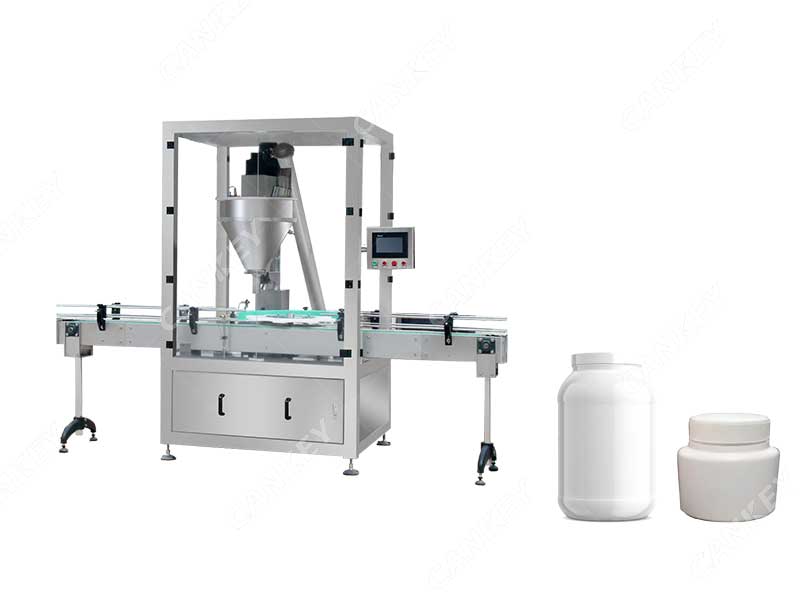Auger filling machines are widely used in industries that require efficient and accurate filling of powdered products into containers. These machines utilize an auger mechanism to dispense a precise amount of powder, offering enhanced productivity and reducing human error. If you’re considering investing in an auger filling machine for your business, it’s essential to understand the factors that affect their cost and the value they bring to your operations.
Factors influencing the cost:
- Machine capacity and speed:
The capacity and speed of an auger filling machine play a significant role in determining its cost. Machines with higher capacities and faster filling speeds generally have a higher price tag due to their enhanced productivity and output capabilities.
2. Construction and materials:
The construction quality and materials used in the manufacturing of the machine also impact its cost. Auger powder filling machines constructed with robust, durable materials tend to be more expensive but offer longevity and reliability, reducing maintenance and replacement costs in the long run.
3. Automation and technology:
The level of automation and technological features integrated into the machine can affect its cost. Advanced models may include features such as programmable controls, touch-screen interfaces, precise measurement sensors, and integration with other production line equipment. These advanced functionalities often come at a higher cost but can significantly enhance efficiency and accuracy.
4. Customization and flexibility:
Some auger filling machines offer flexibility in terms of accommodating various container sizes and adapting to different types of powders. Customization options like adjustable filling heads, changeable auger sizes, and container indexing systems can increase the machine’s cost but provide versatility and adaptability to meet specific production requirements.
5. Brand and Reputation:
The brand reputation and market positioning of the manufacturer also influence the cost of the filling machine. Well-established and reputable brands may command higher prices due to their proven track record, quality assurance, and after-sales support.
Benefits and return on investment:
Investing in an auger filling machine can yield numerous benefits for businesses in powder-based industries. Here are some key advantages:
Increased efficiency: The machines automate the filling process, reducing the need for manual labor and minimizing human error. This leads to improved efficiency, higher production rates, and consistent fill weights.
Accuracy and precision: These machines offer precise measurement and controlled dispensing of powders, ensuring consistent fill levels and minimizing product waste. Accurate filling also enhances product quality and customer satisfaction.
Cost savings: By automating the filling process, the machines can reduce labor costs and minimize material wastage. Additionally, their high-speed capabilities and accuracy contribute to increased throughput and overall cost savings.
Regulatory compliance: The machines often come with features that ensure compliance with industry regulations and standards. They may include options for cGMP (current Good Manufacturing Practices) compliance, product traceability, and data logging for quality control purposes.
Scalability and growth: Investing in a filling machine allows businesses to scale up their production capacity to meet growing demand. The versatility and customization options of these machines provide the flexibility needed for expanding product lines and accommodating different container sizes.
When considering the cost, it’s important to evaluate the specific needs of your business and select a machine that aligns with your production requirements and long-term goals.


